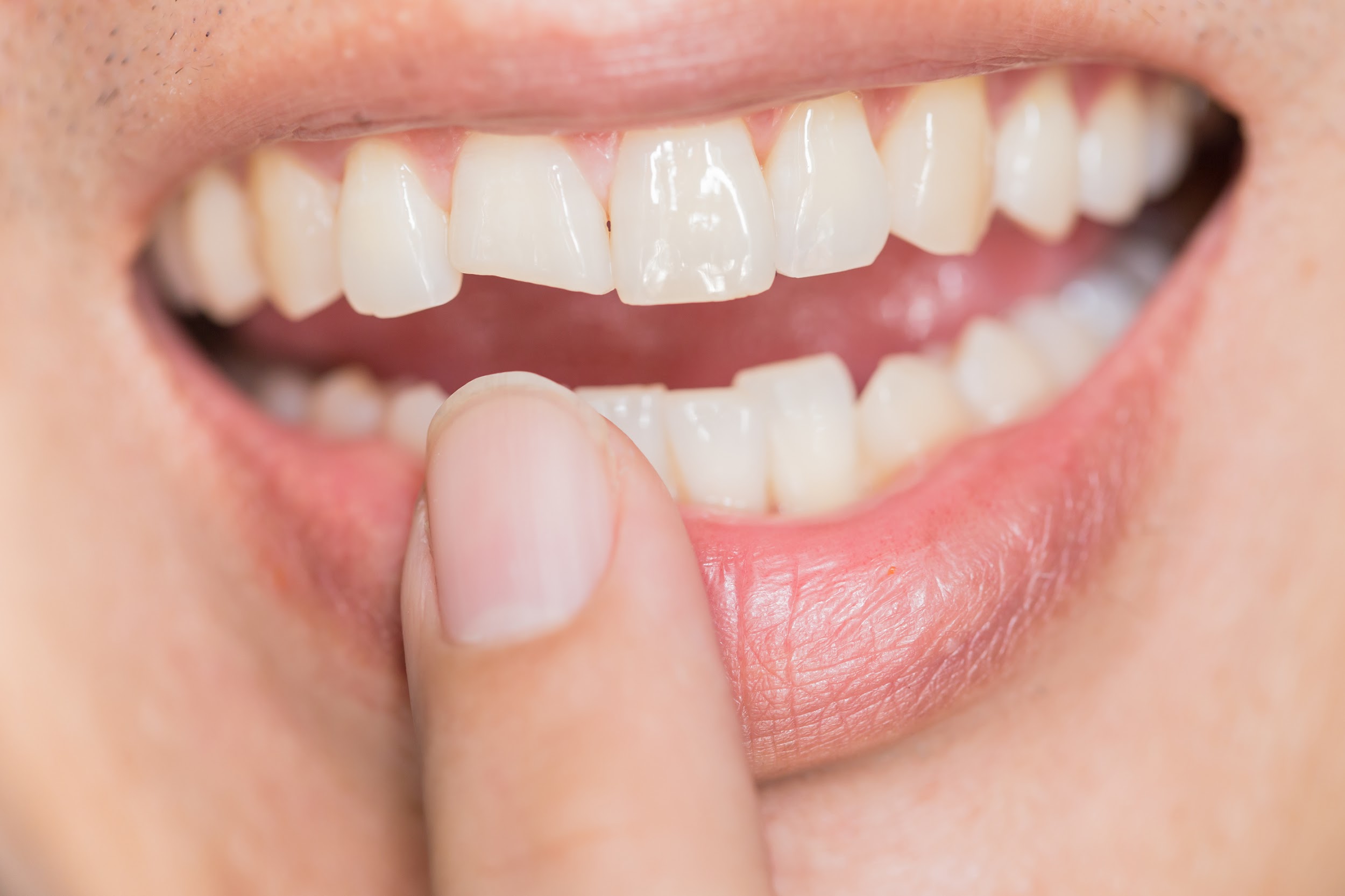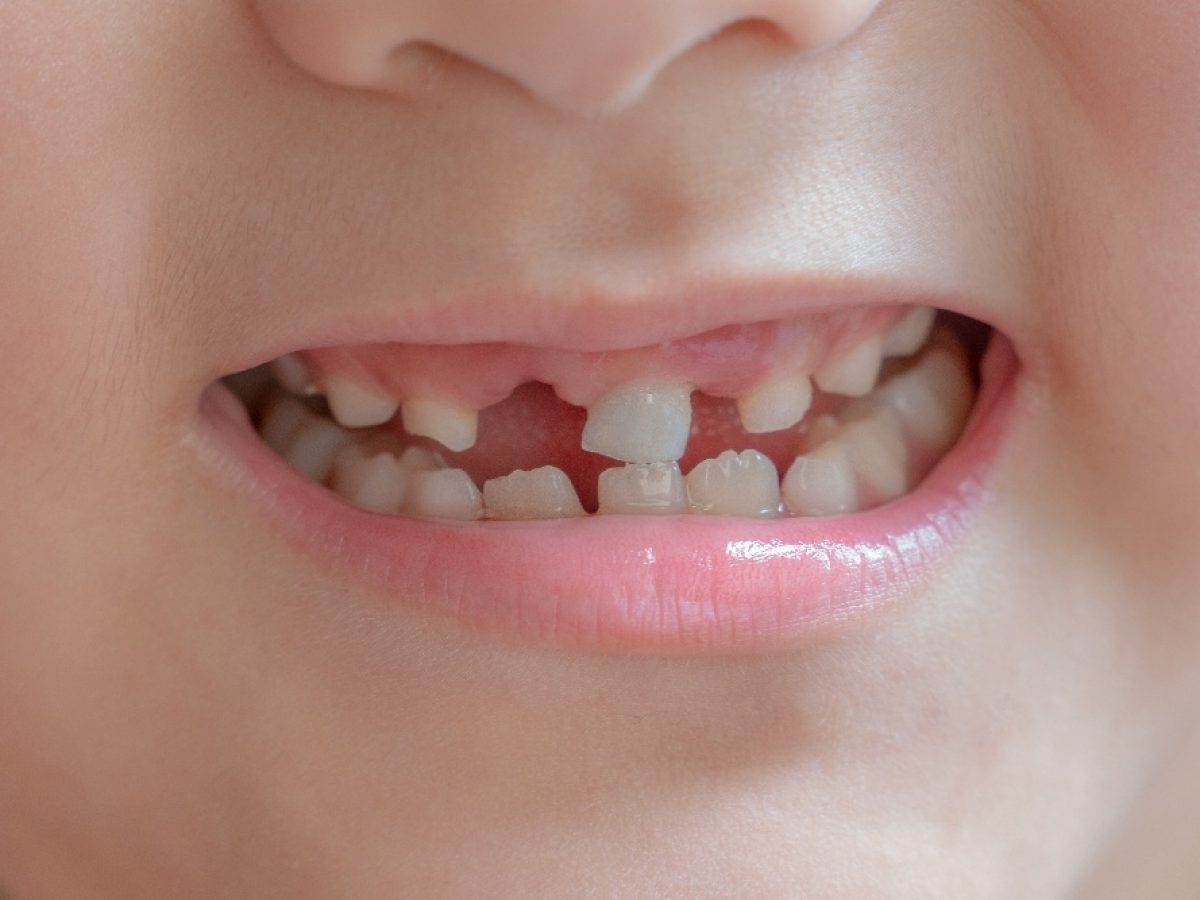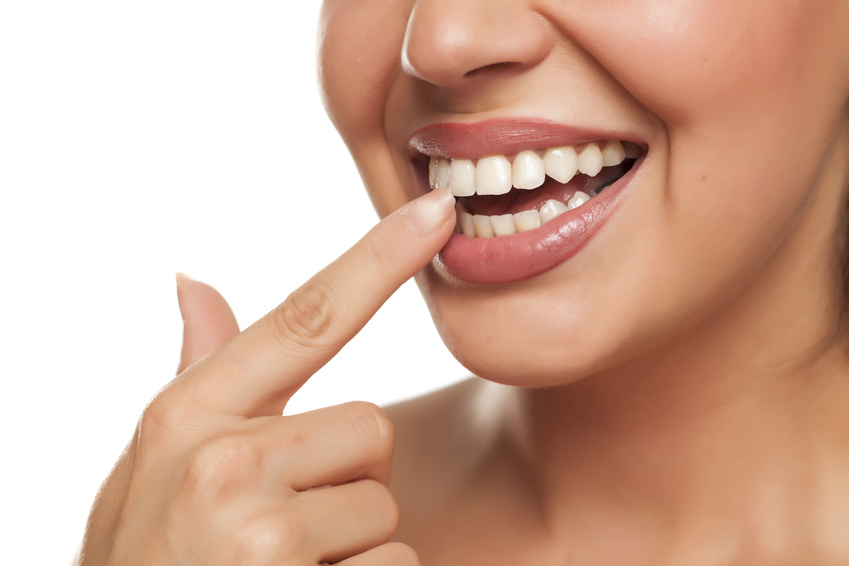A chipped tooth refers to a situation where a portion of the tooth enamel or even the underlying dentin gets damaged or breaks off. This can be caused by various factors such as biting into hard foods, trauma from accidents or injuries, teeth grinding (bruxism), or even cavities weakening the structure of the tooth.

Is Chipped Tooth A Common Dental Issue?
A chipped tooth is a common dental issue that many people experience at some point in their lives. It's quite prevalent and can happen to anyone, regardless of age or oral hygiene habits. Accidents such as falls, sports injuries, biting down on hard objects, or even just chewing on something too tough can lead to a chipped tooth.
Children are particularly prone to chipping their teeth due to their active lifestyles and developing coordination skills. They may fall while playing or engage in rough activities without being aware of potential risks. On the other hand, adults can also chip their teeth through similar accidents or by grinding their teeth at night (a condition known as bruxism).
Steps to Take When You Chip Your Tooth
When you chip your tooth, it can be a distressing experience. Whether it happens while biting into something hard or during an accident, the first step is to stay calm and assess the situation.
- The next immediate step should be to rinse your mouth with warm water. This will help clean any debris or blood from the area and provide temporary relief if there is any pain or sensitivity.
- If there is bleeding, apply gentle pressure with a clean cloth or gauze until it stops. You can also use a cold compress on the outside of your cheek to reduce swelling.
- It's important to contact your dentist as soon as possible after chipping your tooth. They will examine the extent of the damage and determine what treatment options are necessary.
- In some cases, if only a small piece has chipped off, they may simply smooth out rough edges or fill in gaps with dental bonding material. However, for more severe chips that affect the structure of the tooth, treatments like dental crowns or veneers may be required.
- Remember to avoid chewing on that side of your mouth and stick to soft foods until you see your dentist for proper treatment. A chipped tooth shouldn't be ignored as it can lead to further complications down the line.
By taking these steps promptly after chipping your tooth, you're ensuring that you receive appropriate care and minimize any potential pain or discomfort associated with this common dental issue.

The Difference Between A Child's Chipped Tooth And An Adult's Chipped Tooth
Children's teeth are different from adult teeth in many ways, and this includes how they chip. Children's teeth are still developing and are generally smaller and less sturdy than adult teeth. This means that when a child chips their tooth, it may be more prone to further damage and fracture.
Another difference between a child's chipped tooth and an adult's is the impact on future dental health. Since children have primary (baby) teeth that eventually fall out, some parents might not consider immediate treatment necessary for a chipped baby tooth. However, neglecting treatment could lead to infection or damage to the underlying permanent tooth.
Furthermore, the treatment options for children with chipped teeth may differ from those available for adults. Dentists will take into account factors such as the age of the child, severity of the chip, location of the damaged tooth, and potential impact on future dental development before recommending any specific treatment approach.
It is crucial for parents to seek professional dental care if their child chips a tooth because even minor chips can cause pain or sensitivity. By addressing these issues promptly, parents can ensure optimal oral health for their children throughout their lives.
Professional Treatment Options for a Chipped Tooth
When it comes to treating a chipped tooth, there are several options available depending on the severity of the chip.
- One common treatment option is dental bonding, which involves applying a tooth-colored resin to the chipped area and then shaping and polishing it to restore the natural appearance of your tooth.
- Another option is dental veneers, which are thin shells made from porcelain or composite resin that are custom-made to fit over your teeth. Veneers can be used to cover up chips and other imperfections, giving you a flawless smile.
- If the chip is more severe or if there is significant damage to the tooth structure, a dental crown may be necessary. A crown is essentially a cap that completely covers the damaged tooth, restoring its strength and appearance.
- For larger chips or fractures that involve damage below the gum line, root canal therapy may be required in order to save the tooth. This involves removing infected pulp tissue from inside the tooth and sealing it with a filling material.
In addition to professional treatments, there are also some at-home remedies you can try while waiting for your dental appointment. These include rinsing your mouth with warm saltwater, using temporary dental cement or wax to cover any sharp edges, and taking over-the-counter pain relievers as needed.

Frequently Asked Questions
Q. What are the common causes of a chipped tooth?
Chipped teeth can occur due to various reasons, but some common causes include accidents or injuries such as falls or sporting mishaps. Biting down on hard objects like ice, nuts, or pens can also lead to dental damage. Additionally, poor oral hygiene practices and untreated cavities weaken the tooth structure over time, making them more susceptible to chips. It is essential to exercise caution when engaging in activities that may put your teeth at risk and maintain good dental habits to minimize the chances of experiencing a chipped tooth.
Q. How is a chipped tooth diagnosed?
Diagnosing a chipped tooth typically involves a visit to your dentist, who will conduct a thorough examination of your mouth and teeth. The dentist will visually inspect the affected area and may use additional tools like dental explorers or mirrors for closer evaluation if needed. X-rays might be taken as well to assess any potential damage beneath the surface that cannot be seen with the naked eye alone. By reviewing these findings, your dentist can accurately diagnose whether you have indeed experienced a chip in your tooth and determine the best course of action for treatment.
Q. How long does it take to repair a chipped tooth?
The duration required for repairing a chipped tooth varies depending on several factors, including the severity of the chip itself and which treatment option is recommended by your dentist after diagnosis.
Remember, a chipped tooth can happen to anyone, but knowing what steps to take can make all the difference. By staying proactive in addressing a chipped tooth and seeking professional dental care when necessary, you'll not only protect yourself from potential pain but also ensure that your smile remains intact. Remember – prevention is always better than cure!
Visit Our Office
Office Hours
- MON - THU8:30 am - 5:00 pm
- FRIBy appointments only
- SAT - SUNClosed
